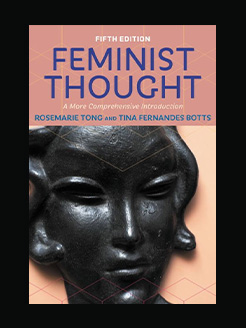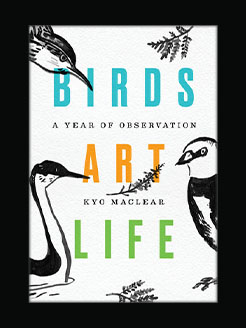Published in 2020
240 pages
Catherine A. Sanderson is the James E. Ostendarp Professor of Psychology at Amherst College. She received a bachelor’s degree in psychology, with a specialization in Health and Development, from Stanford University, and received both masters and doctoral degrees in psychology from Princeton University. Professor Sanderson’s research examines how personality and social variables influence health-related behaviors such as safer sex and disordered eating, the development of persuasive messages and interventions to prevent unhealthy behavior, and the predictors of relationship satisfaction. This research has received grant funding from the National Science Foundation and the National Institute of Health. Professor Sanderson has published over 25 journal articles and book chapters in addition to three college textbooks (Social Psychology, Health Psychology, Real World Psychology), a high school health textbook, and a popular press book on parenting (Slow and Steady Parenting). In 2012, she was named one of the country’s top 300 professors by the Princeton Review. In her “free time”, Professor Sanderson teaches step aerobics, watches The Bachelor & Scandal, and spends time with her three kids.
What is this book about?
In the face of discrimination, bad behaviour, evil and abuse, why do good people so often do nothing?
Every day, we see examples of bad or immoral behaviour – from sexual harassment to political corruption, from negligence to bullying.
Why did no one stop the abduction of Jamie Bulger, despite many witnesses reporting they felt uneasy seeing the two-year-old’s distress? How did the USA gymnastics team doctor, Larry Nassar, abuse hundreds of young women under his care for so long? Why didn’t anyone intervene when David Dao, an innocent sixty-nine-year-old man, was forcibly removed from his seat on a United Airlines aeroplane and dragged down the aisle by security officers? How did large crowds of men get away with sexually assaulting an estimated 1200 women in Cologne during the 2015 New Year’s Eve celebrations?
In The Bystander Effect, pioneering psychologist Catherine Sanderson uses real-life examples, neuroscience and the latest psychological studies to explain why we might be good at recognising bad behaviour but bad at taking action against it. With practical strategies to transform your thinking, she shows how we can all learn to speak out, intervene, think outside the group mentality and ultimately become braver versions of ourselves.
Courage is not a virtue we’re born with.
A bystander can learn to be brave.







